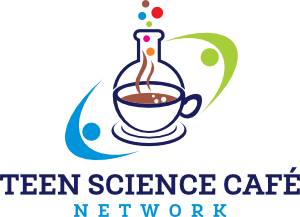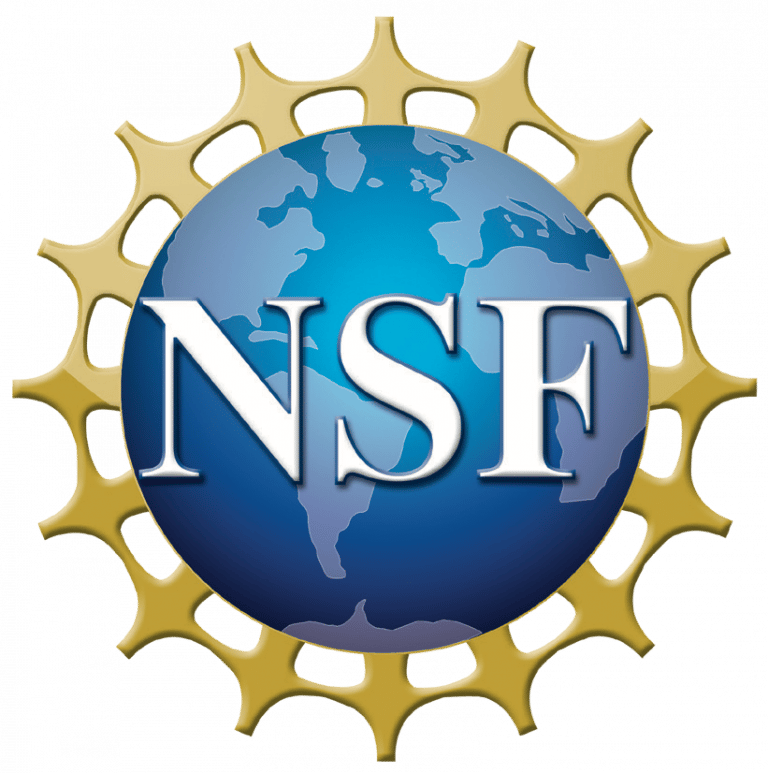FAQ
What is a teen science café?
TSCs are free out-of-school time programs where teen leaders, adult leaders, and Science, Technology, Engineering, and Math (STEM) experts collaborate on presentations and hands-on activities which explore science topics in-depth. Cafés generally occur once a month, are an hour and half to two hours long, have snacks or a light meal, and are hosted by various entities, including libraries, museums, aquaria, zoos, public gardens, nature centers, universities, after-school providers, STEM education organizations, and others.
What is the Teen Science Café Network?
TSCN is a free community of practice and support system for those offering Teen Science Café programs. TSCN Members have free access to professional development materials as well as learning and networking opportunities, including a national conference and regional affinity groups.
How do I start a teen science café?
Cafés are easy to start, and no prior experience with STEM is needed. Prospective TSC adult leaders can email us directly for onboarding, which occurs on a rolling basis. During the onboarding process, TSC staff provide an overview of teen science cafés and TSC Guides shepherd prospective adult leaders through a series of free one-on-one and group sessions with other perspectives, webinars, and asynchronous learning modules on starting and sustaining a café program.
Interested in starting a café or want more information about the process? Email Katey Ahmann, Director, at katey@scieds.com.
When did Teen Science Café Network begin?
In 2007, STEM experts Michelle Hall and Michael Mayhew received a National Science Foundation grant to create a Café Scientifique program, later Teen Science Café, for teens in four New Mexican cities: Santa Fe, Los Alamos, Albuquerque, and Española.
How is the TSCN funded?
The National Science Foundation and other non and for profit organizations provide funding for the TSCN.
How many café programs exist?
Since its beginning in 2008, the Teen Science Café Network grew to a Pre-Covid peak of over 100 café programs in rural, urban, and suburban locations in North America and Canada. Today there are over 45 cafés, and growing. Find a café near you.
How can I find STEM experts to be café speakers?
You may be surprised! Your local STEM experts have jobs in areas that range from academics to service industries. From doctors to scientists to farmers to city workers, STEM is integral to a whole host of careers. Inviting a variety of presenters to your teen science cafe will not only provide an opportunity for your teens to see a broader view of their world and future, but will also create a real connection between your science café program and your community
How do you define a STEM expert?
Look for science in everyday life. Anyone who uses science, technology, engineering or math in their work is a STEM expert who can provide insights to teens about our world and their future in it.
Can slightly younger (middle school) or older (college freshman) young people qualify as participants in a Teen Science Café?
Yes – Pre-teens and early college teens can participate in science café programs geared towards their age groups. The younger participants will have more time to grow into full teen leadership roles as they move into their high school years. Early college age students will have unique opportunities to interact with STEM experts and to fully understand what will be required to move into a future career. We will also train and mentor new adult leaders so that they can design their café programs to accommodate different age groups while keeping key elements of the teen science café model.
Can Teen Science Café programs partner with other community youth programs?
Yes! You can augment various types of existing teen programs with TSCs. From scout & 4H projects to youth volunteer corps activities, regular science cafes will provide expert presenters on related topics that will enhance teens’ understanding of their current projects. Don’t be afraid to add artistic or cultural perspectives to your STEM topics.

